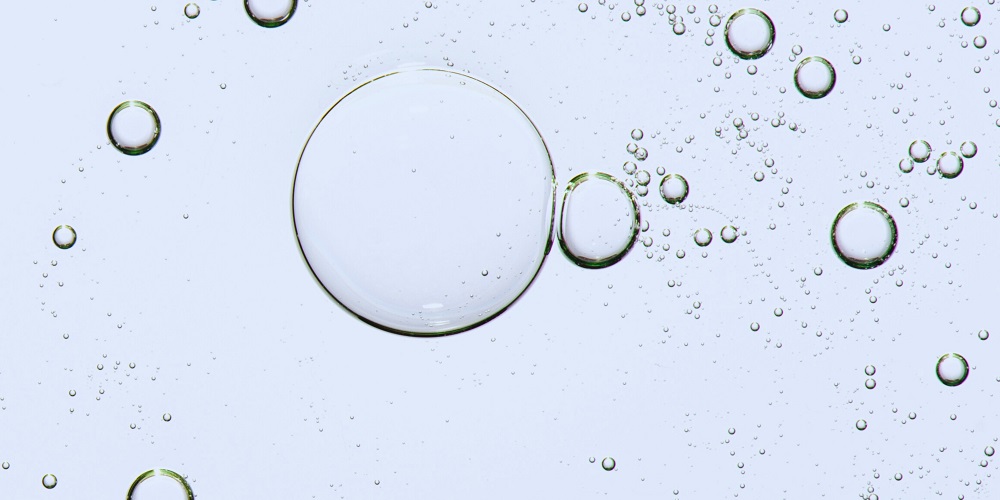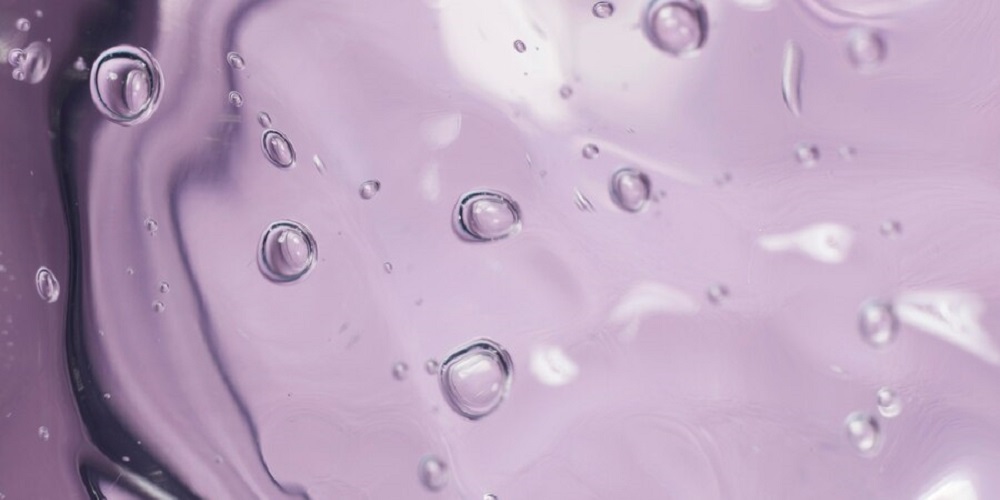Niacinamide, also known as Vitamin B3 or nicotinamide, is a potent multitasking ingredient celebrated for its numerous benefits for the skin. This water-soluble vitamin is integral to various physiological functions within the body and is particularly renowned for its remarkable effects in skincare.
Effect of Niacinamide on skin barrier
Niacinamide supports the skin’s natural barrier function by stimulating the production of ceramides, which are essential lipids that help maintain the integrity of the skin barrier. A strong and healthy skin barrier is crucial for retaining moisture, protecting against environmental aggressors, and preventing moisture loss. By enhancing the skin barrier, niacinamide helps keep the skin hydrated, smooth, and supple.
Important Things to Know about Niacinamide
Can Niacinamide help with acne?
Niacinamide has demonstrated efficacy in the treatment of acne vulgaris due to its anti-inflammatory properties and ability to regulate sebum production. It helps in reducing the severity of acne lesions and improving overall skin condition.
Can Niacinamide help with hyperpigmentation?
It is studied and proven to be effective in reducing hyperpigmentation by targeting key mechanisms in the skin’s pigment production process.
Niacinamide inhibits melanin transfer from melanocytes to keratinocytes, reducing uneven pigment distribution and hyperpigmentation like dark spots. Moreover, niacinamide also acts as a suppressor of melanin production within melanocytes. It intervenes in the enzymatic pathways involved in melanin synthesis, thereby reducing the overall production of melanin pigment.
Can Niacinamide combat signs of aging such as fine lines and wrinkles?
Niacinamide helps to reduce the appearance of fine lines and wrinkles by promoting cell turnover and stimulating the production of collagen and elastin, which are essential proteins for maintaining skin elasticity and firmness.
Is Niacinamide safe to use and well tolerated?
Niacinamide is well-tolerated by all skin types, including sensitive skin, and is considered safe for topical use. It is non-irritating, non-sensitizing, and unlikely to cause adverse reactions or side effects, even at higher concentrations. However, as with any skincare ingredient, it’s essential to perform a patch test before using niacinamide for the first time, especially if you have sensitive or reactive skin.
How often should Niacinamide be used?
Niacinamide can be used daily, both morning and evening, as part of your skincare routine. Start with a lower concentration and gradually increase frequency or concentration if desired.
Can Niacinamide be used with other skincare ingredients?
Niacinamide is a versatile skincare ingredient that pairs well with a variety of others. It can be safely combined with antioxidants like vitamin C and vitamin E to enhance protection against free radicals. It also complements moisturizing ingredients like hyaluronic acid and ceramides, reinforcing the skin barrier and boosting hydration.
References
Shalita AR, Smith JG, Parish LC, Sofman MS, Chalker DK. Topical nicotinamide compared with clindamycin gel in the treatment of inflammatory acne vulgaris. Int J Dermatol. 1995 Jun;34(6):434-7. doi: 10.1111/j.1365-4362.1995.tb04449.x. PMID: 7657446.
https://pubmed.ncbi.nlm.nih.gov/7657446/
Hakozaki T, Minwalla L, Zhuang J, Chhoa M, Matsubara A, Miyamoto K, Greatens A, Hillebrand GG, Bissett DL, Boissy RE. The effect of niacinamide on reducing cutaneous pigmentation and suppression of melanosome transfer. Br J Dermatol. 2002 Jul;147(1):20-31. doi: 10.1046/j.1365-2133.2002.04834.x. PMID: 12100180.
https://pubmed.ncbi.nlm.nih.gov/12100180/
Bissett DL, Oblong JE, Berge CA. Niacinamide: A B vitamin that improves aging facial skin appearance. Dermatol Surg. 2005 Jul;31(7 Pt 2):860-5; discussion 865. doi: 10.1111/j.1524-4725.2005.31732. PMID: 16029679.






